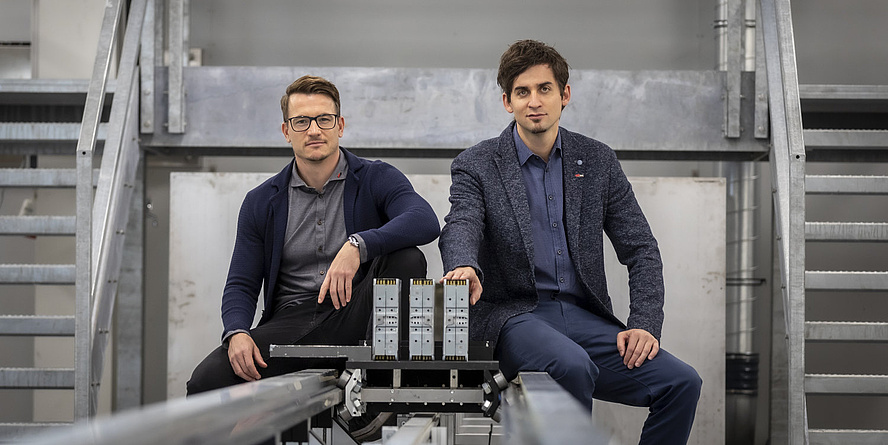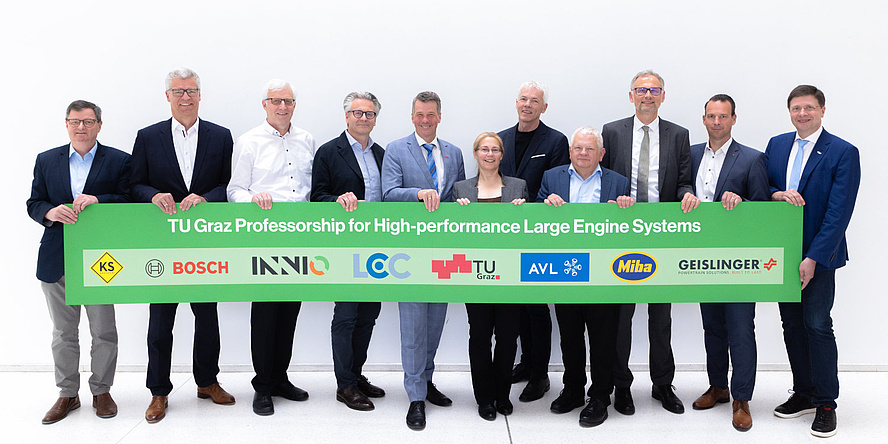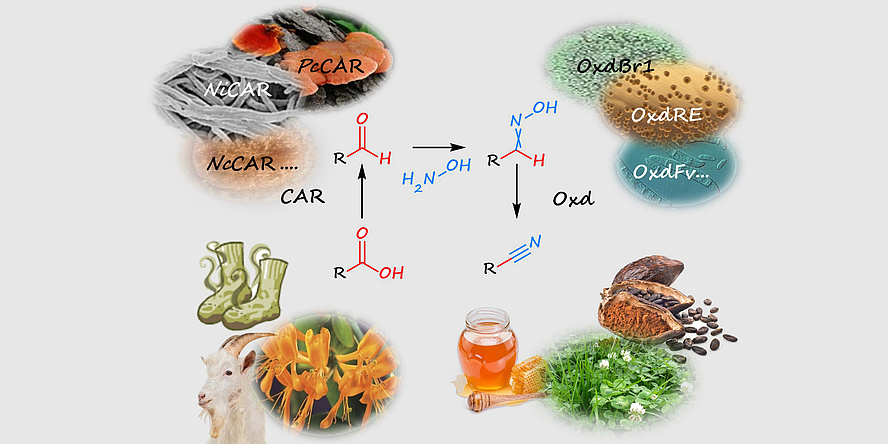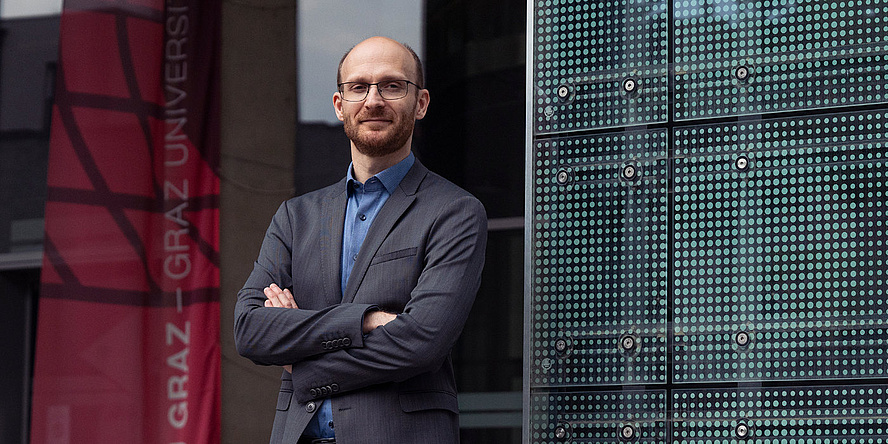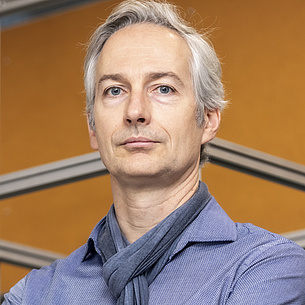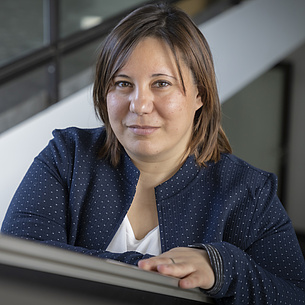Fields of Expertise
TU Graz – Science for Future
At the annual interdisciplinary science day TU Graz – Science for Future, researchers from TU Graz demonstrate how they are stepping up to meet societal challenges in all disciplines with innovative technologies and helping to shape our future.
The great challenges of our time, such as digitalisation, sustainability or pandemics can hardly be solved by individual researchers working on their own, but require critical masses and interdisciplinary cooperation. The Fields of Expertise of TU Graz are the ideal platform for this – researchers collaborate in an interdisciplinary way and are supported by funding.
The Field of Expertise Advanced Material Science is a dynamic mix of science, communication, ideas, opportunities. It is interesting to see the great variety of research on advanced materials that is carried out at our university! The goal is to connect such variety like different pieces of a single puzzle.
Lead Projects at TU Graz
Since 2015, TU Graz has awarded special funding for multidisciplinary lead projects. By supporting such basic research projects, outstanding areas of top research are further developed and the research profile of TU Graz is enhanced.
Current lead projects at TU Graz
- Dependable Internet of Things
- Mechanics, Modeling and Simulation of Aortic Dissection
- Porous Materials @ Work
Further information on call for proposals and granting of lead projects.
New Projects with TU Graz
RESEARCH & TECHNOLOGY HOUSE
Mandellstraße 9/II
8010 Graz, Austria
Map
Christoph ADAMETZ
Dipl.-Ing.
Phone: +43 316 873 6033
christoph.adametz@tugraz.at
Vice Rector for Research
Horst BISCHOF
Univ.-Prof. Dipl.-Ing. Dr.techn.
Inffeldgasse 16/II
8010 Graz, Austria
Phone: +43 316 873 6020
bischof@icg.tugraz.at
![[Translate to Englisch:] [Translate to Englisch:]](https://www.tugraz.at/fileadmin/_processed_/c/3/csm_Banner_AdobeStock_612446404_Editorial_Use_Only_by-Sven_Kreutzer_Wirestock_Creators_618061d3b5.jpg)

